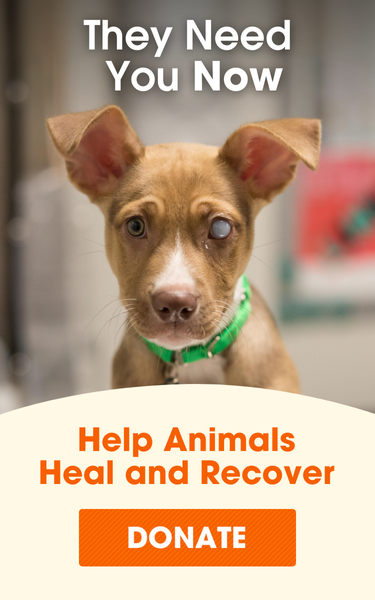
The Dangers of Leaving an Animal in a Hot Car and Other Heat-Related Hazards

Even if it’s just for a moment, and even if the windows are cracked, it is never safe to leave an animal in a parked vehicle alone. Not only can leaving an animal in a hot car lead to fatal heat stroke, but it is also illegal in several states!
As of 2024, 31 states and the District of Columbia have laws that address leaving an animal unattended in a confined vehicle under dangerous conditions, such as intense weather conditions. Some of these laws involve legal action against the vehicle owner, while other laws provide immunity to those who may use forcible means — such as smashing a window — to rescue a vulnerable animal in a car.
To better understand the laws in your state, and to better prepare yourself for an emergency situation such as this, check out this full list of state laws concerning animals left unattended in vehicles. Also be aware that even in jurisdictions without such specific laws, endangering an animal’s life in this way could be prosecuted under general anti-cruelty statutes.
Keeping an animal in a parked car isn’t the only way the heat can endanger pets. While spending time outdoors on the long, sunny days of summer with our furry friends can be fun, being in the heat can cause heatstroke.
Symptoms of heatstroke in pets can include:
- Excessive panting or difficulty breathing
- Increased heart and respiratory rate
- Drooling
- Mild weakness
- Stupor
- Collapse
Symptoms can also include seizures, bloody diarrhea and vomit along with an elevated body temperature of over 104 degrees. Keep an eye out for these signs of distress.
Never let your dog linger on hot asphalt. Being so close to the ground, your pooch’s body can heat up quickly, and sensitive paw pads can burn. Keep walks during peak daytime hours to a minimum.
Also keep in mind that animals with flat faces, like Pugs and Persian cats, are more susceptible to heat stroke since they cannot pant as effectively as others. These pets, along with elderly and overweight animals and those with heart or lung diseases, should be kept cool in air-conditioned rooms as much as possible.
To help prevent overheating, make sure your pet is properly hydrated at all times with plenty of fresh, clean water. Ensure that your pets have a shady place to get out of the sun, be careful not to over-exercise them and use your best judgment to keep them indoors when it’s extremely hot.
Haircuts can also be helpful in keeping pets cool. Feel free to trim longer hair on your pets, but never shave them down to the skin. The layers of dogs’ coats protect them from overheating and sunburn. Brushing cats more often than usual can prevent problems caused by excessive heat. Be sure that any sunscreen or insect repellent product you use on your pets is labeled specifically for use on animals.
For other ways to help, check out our full list of hot weather safety tips.
